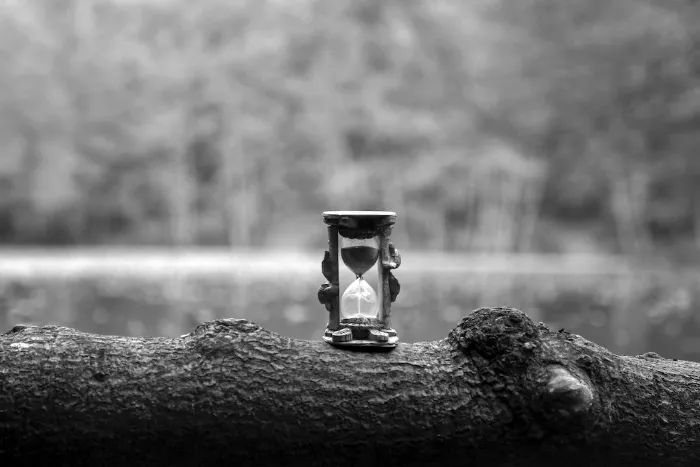How Long Does Cremation Take? Exploring the Process and Timeframe

Death is an inevitable part of life, and for many, the rituals and processes that come after are equally significant. With cremation becoming an increasingly popular choice, many wonder about the details. One common question is, how long does cremation take? Let's break down the cremation process and explore the timeframe involved.
Understanding the Cremation Process
Before delving into the duration, it's essential to understand the steps involved in cremation:
1. Preparation: Upon receiving the body, funeral professionals might need to prepare it. This could involve removing pacemakers (which could explode under high heat) or other medical devices.
2. Container Choice: The body is placed in a combustible, rigid container, which can be a simple cardboard box or a wooden casket.
3. The Cremation Chamber: This container is then placed in the cremation chamber, also known as a retort. It's a furnace heated by natural gas, propane, or diesel, reaching temperatures of around 1400°F to 1800°F.
4. Processing the Remains: Once the cremation is complete, the remains are cooled down. Any non-combustible materials (like metal fragments) are removed, and the remaining bone fragments are processed into finer ash.
So, How Long Does the Cremation Process Take?
The actual cremation process typically takes 2 to 3 hours for an average-sized adult. However, factors can influence this duration:
1. Body Size: Larger bodies may take longer, while smaller bodies or infant remains could require less time.
2. Type of Cremation Chamber: The efficiency and age of the machine can impact the duration.
3. The Number of Bodies: Some facilities might have multiple cremation chambers, while others might have just one. If there's a queue, this could extend the overall timeframe from receiving the body to returning the ashes to the family.
Additional Time Considerations
While the cremation process takes a few hours, other factors can extend the total time before a family receives the ashes:
1. Paperwork and Permits: Funeral homes often need to wait for permits and ensure all paperwork, such as death certificates and authorization forms, are in order. This can add 1 to 3 days.
2. Waiting Periods: Some states or regions have mandatory waiting periods between the time of death and cremation, often 24 to 48 hours.
3. Post-Cremation Processing: After cremation, the remains are processed and placed in an urn or container. This can add another few hours to a day to the timeframe.
Considering all these aspects, while the cremation itself lasts just a few hours, the entire process from death to receiving ashes might take several days to a week.
In Conclusion
The journey of understanding cremation can be daunting, but it's crucial to know the intricacies. By knowing the timeframe and what affects it, families can make informed decisions and set expectations accordingly. As cremation grows in popularity, ensuring clarity around its processes becomes even more vital.